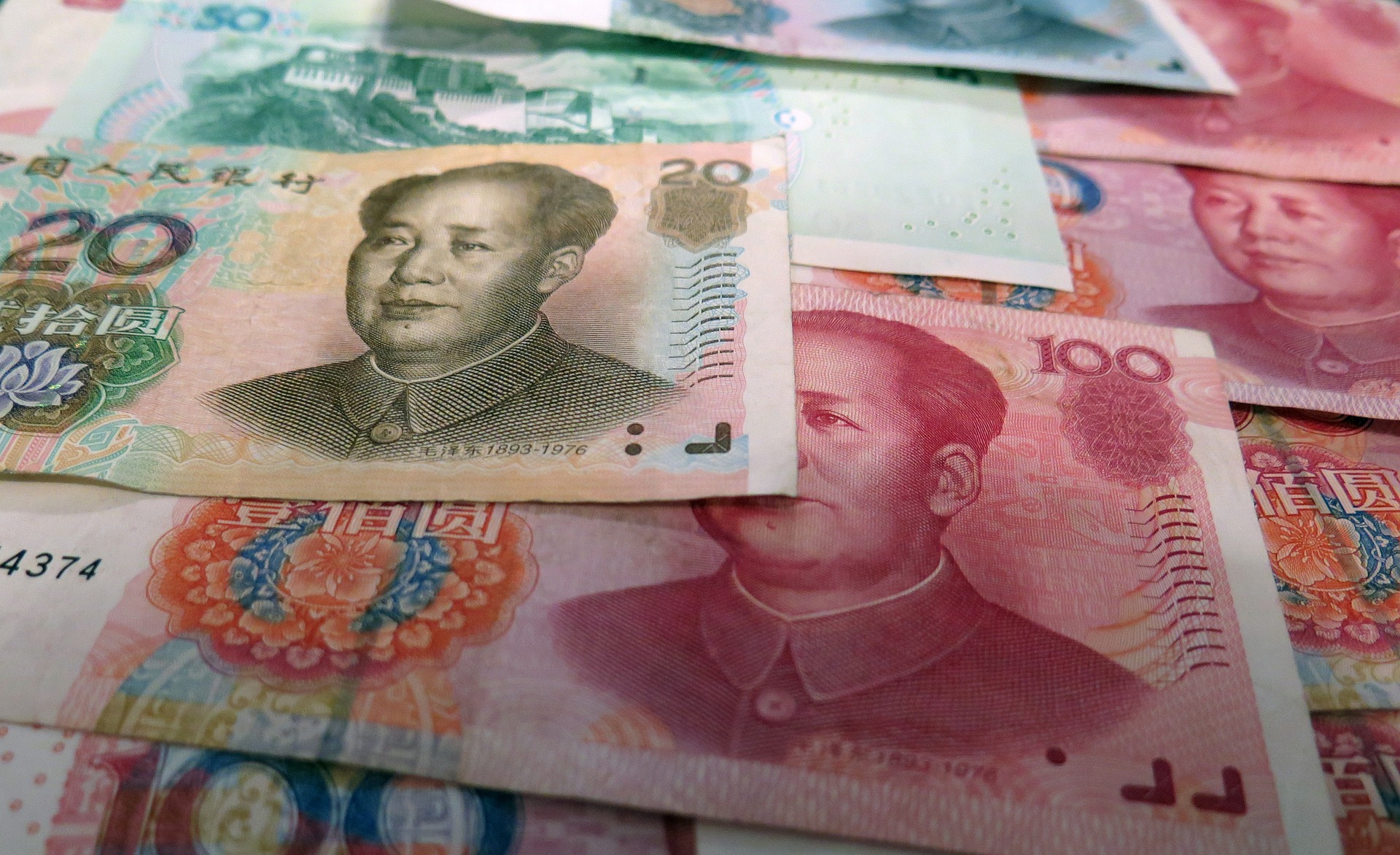How do Chinese invest offshore?
People from China (Chinese investors) invest offshore in a variety of ways, depending on their investment goals, risk tolerance, and personal circumstances. Here are some common methods:
Stock market investments: One of the most popular ways for Chinese investors to invest offshore is through stock market investments. This can be done through buying stocks listed on foreign stock exchanges or investing in mutual funds or exchange-traded funds (ETFs) that hold international equities.
Real estate investments: Chinese investors also invest in offshore real estate markets, such as buying properties in popular destinations like Vancouver, Sydney, and Los Angeles. They can also invest in real estate investment trusts (REITs) that hold foreign properties.
Bonds and fixed income investments: Chinese investors can invest in offshore fixed income securities, such as bonds and certificates of deposit (CDs), which offer stable returns with low risk.
Private equity and venture capital: Chinese investors can invest in offshore private equity and venture capital funds, which invest in startups and small businesses.
Wealth management services: Wealth management services are becoming increasingly popular in China, allowing investors to access offshore investment opportunities through specialized investment firms.
It’s worth noting that the Chinese government imposes strict capital controls on its citizens, limiting the amount of money that can be transferred offshore. As a result, many Chinese investors use legal loopholes, such as offshore company structures and cryptocurrency, to move money offshore. However, investors should be aware of the risks associated with these methods and consult with a financial professional before investing offshore.

How do Chinese investors transact cross-border to maintain investments?
Chinese investors can transact cross-border to maintain their investments in a variety of ways, depending on the type of investment they hold and the regulations in place.
Foreign currency exchange: Chinese investors can exchange their local currency (CNY) into foreign currencies (such as USD, EUR, or GBP) through authorized banks or currency exchange bureaus. This allows them to purchase foreign assets or receive returns on their offshore investments.
Wire transfers: Chinese investors can use wire transfers to move funds cross-border, either from their own bank account or from an offshore company account. However, there are restrictions on the amount of money that can be transferred out of China per year, and certain documentation and approvals may be required.
Offshore bank accounts: Chinese investors can open offshore bank accounts in countries where they hold investments, allowing them to manage their assets and receive returns. However, they need to comply with local regulations and may need to provide documentation to prove the source of funds.
Stock market trades: Chinese investors can buy and sell foreign stocks through stock brokerage firms or online trading platforms that are authorized by the Chinese government. However, there may be restrictions on the types of stocks that can be traded and the amount of money that can be invested offshore.
It’s important to note that the Chinese government imposes strict capital controls on its citizens, limiting the amount of money that can be transferred offshore. Therefore, investors need to comply with the relevant regulations and seek professional advice before making cross-border transactions.

Chinese government capital controls
The Chinese government imposes strict capital controls to manage the outflow of capital from the country and maintain the stability of its currency (CNY). The capital controls are designed to limit the amount of money that can be transferred out of China per year, as well as restrict certain types of transactions.
Here are some of the main capital controls that the Chinese government has implemented:
Foreign exchange controls: Chinese citizens are limited in the amount of foreign currency they can purchase each year, and there are restrictions on the amount of money that can be transferred out of the country.
Investment restrictions: Chinese citizens face restrictions on investing in certain overseas assets, such as real estate, and there are limits on the amount of money that can be invested offshore.
Cross-border payments: Chinese citizens are required to provide documentation and approvals to make cross-border payments for services, such as education or medical treatments.
Anti-money laundering regulations: Chinese citizens and companies are subject to strict anti-money laundering regulations that require them to disclose the source of their funds for cross-border transactions.
Cryptocurrency regulations: The Chinese government has banned initial coin offerings (ICOs) and trading of cryptocurrencies on domestic exchanges to prevent capital outflows and financial risks.
It’s worth noting that the capital controls have become more stringent in recent years, following a period of rapid capital outflows. Investors looking to move money offshore should comply with the relevant regulations and seek professional advice to avoid any penalties or legal issues.

What is the limit for Cross-border payments for a Chinese citizen
The limit for cross-border payments for a Chinese citizen depends on various factors, such as the purpose of the payment, the destination country, and the individual’s personal circumstances.
Generally, Chinese citizens are allowed to make cross-border payments of up to USD 50,000 per year for various purposes, including education, medical treatment, and travel expenses. The annual limit is calculated on a calendar year basis and is per person, which means that a family of four could transfer up to USD 200,000 per year.
For larger transactions, Chinese citizens may need to provide additional documentation and approvals from the government. For example, if a Chinese citizen wants to buy a house or invest in overseas stocks, they would need to apply for approval from the State Administration of Foreign Exchange (SAFE) and provide documents to prove the source of funds.
It’s important to note that the Chinese government has strict regulations in place to manage the outflow of capital from the country and prevent money laundering and other financial risks. Therefore, investors should seek professional advice and comply with the relevant regulations before making cross-border payments.
Chinese investors Photo from Pixabay

Leave a Reply